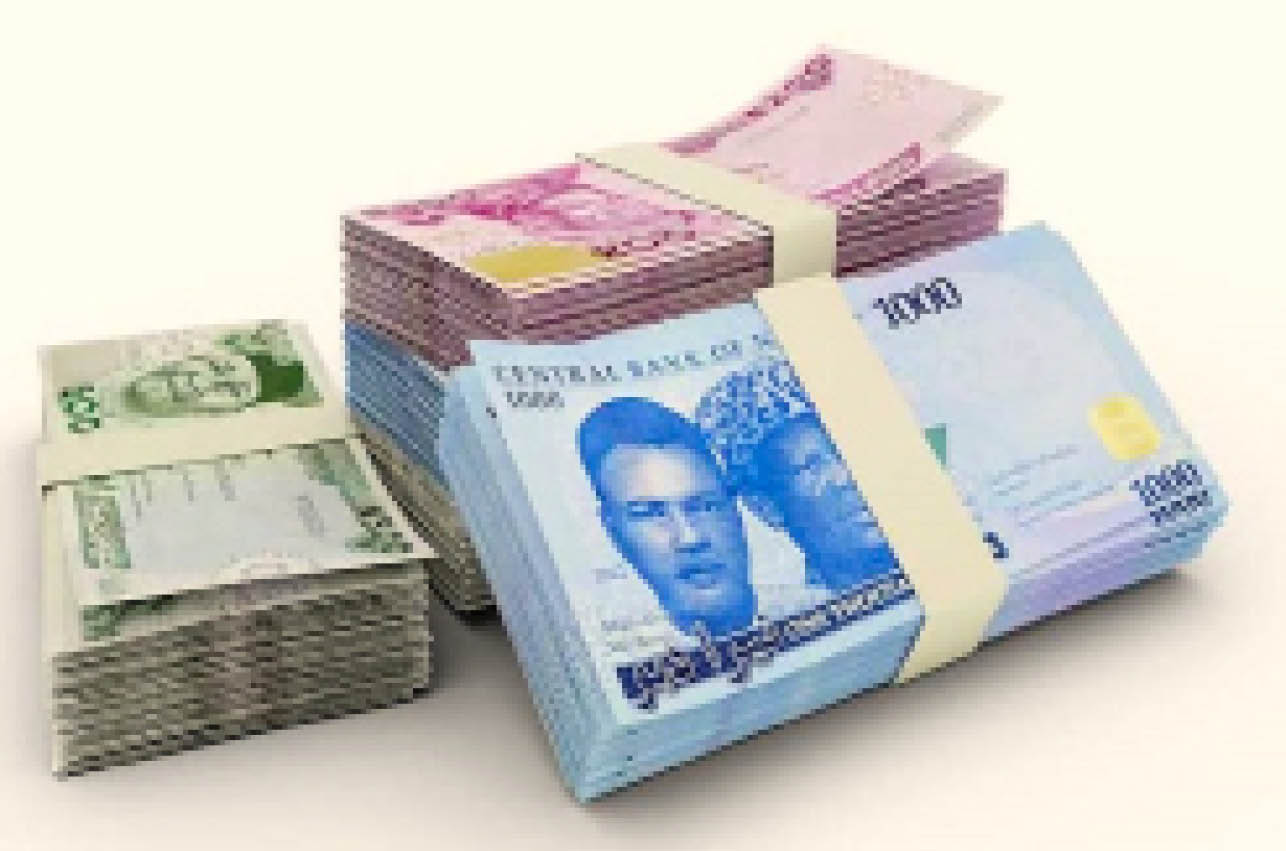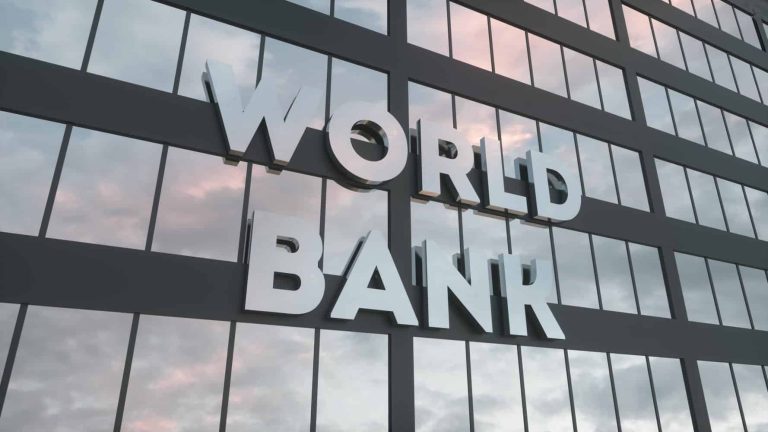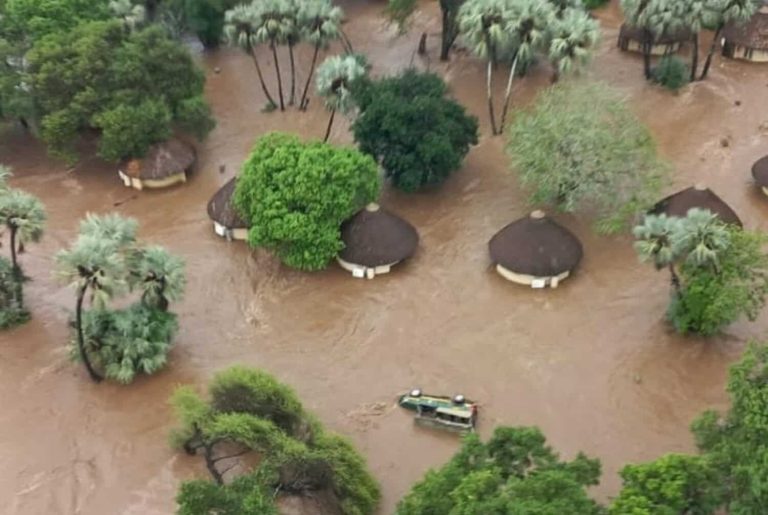
The Budget Office of the Federation has reported that Nigeria’s money supply (M2) increased to ₦109.41 trillion as of December 2024, marking a ₦3.92 trillion (3.59%) rise from the ₦105.49 trillion recorded in September 2024.
M2, a broad measure of the country’s money circulating in the economy, includes cash, demand deposits, savings accounts, money market securities, and other less liquid financial assets like time deposits.
The findings are part of the Budget Office’s Q4 2024 Budget Implementation Report, which also detailed significant shifts in domestic credit patterns during the period.
Monetary Trends and Credit Movements
The report noted that while Broad Money Supply (M2) grew steadily, Net Domestic Assets (NDA) dropped by 3.26 percent (₦2.75 trillion), from ₦84.14 trillion in September to ₦81.39 trillion in December 2024.
This decline was driven by a sharp 8.75 percent reduction (₦10.09 trillion) in Net Domestic Credit (NDC), which fell from ₦115.25 trillion to ₦105.16 trillion over the same period.
Credit to Government Contracts Sharply; Private Sector Credit Sees Moderate Growth
The Budget Office attributed the fall in NDC mainly to a significant 31.23 percent drop (₦12.32 trillion) in credit to government, which decreased from ₦39.46 trillion in September to ₦27.14 trillion in December 2024.
Conversely, credit to the private sector saw a modest increase of 2.95 percent (₦2.24 trillion), rising from ₦75.78 trillion to ₦78.02 trillion within the quarter.
Central Bank Measures to Curb Liquidity Risks
At the Central Bank of Nigeria’s (CBN) September Monetary Policy Committee meeting, Governor Olayemi Cardoso highlighted a historic rise in money supply, revealing that between 2015 and 2023, M2 ballooned from ₦19 trillion to ₦54 trillion, largely due to “ways and means” advances, which involve government borrowing directly from the CBN.
To address risks of excess liquidity, the CBN recently mandated a 75 percent cash reserve ratio (CRR) on non-Treasury Single Account (TSA) public sector deposits held in commercial banks. This policy requires banks to hold three-quarters of these government-related deposits as reserves, aimed at preventing inflationary pressures from swelling money supply.
Non-TSA deposits refer to government funds still kept in commercial banks by ministries, departments, agencies, or parastatals instead of the TSA, the government’s centralized account.
Looking Ahead
The Budget Office noted that the 2024 Appropriation Act, titled the “Budget of Renewed Hope,” was designed to improve the macroeconomic environment by investing in infrastructure, human capital, and job-creating sectors, all of which could influence future monetary aggregates and credit flows.



